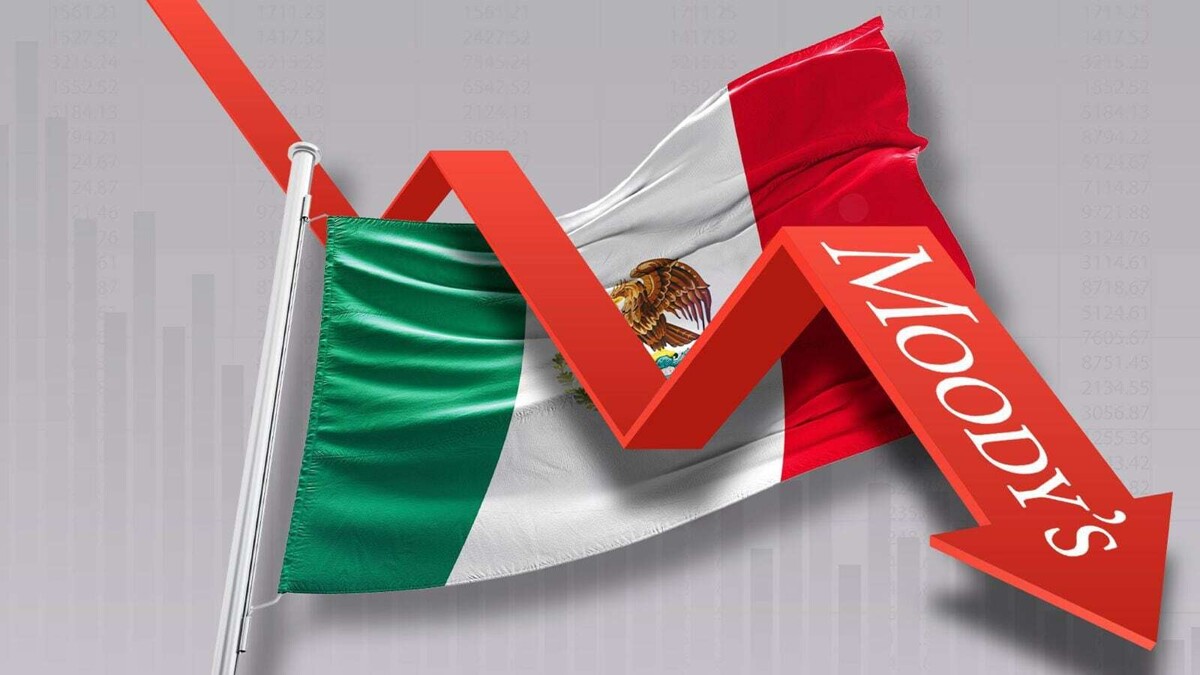
The analyst from Banco Base, Gabriela Siller, pointed out that as the rating of an issuer is higher, betting on it becomes safer. In the case of Mexico, Moody’s places it two notches from speculative grade, just like S&P, while Fitch Ratings places it only one notch from this category.
Rating agencies assign outlooks to their credit ratings, such as stable, positive, negative, and under review. Recently, Moody's changed the outlook of Mexico's credit rating from "stable" to "negative," maintaining the rating at "Baa2." According to Siller, a negative outlook implies the possibility of a downgrade in the rating.
Luis Gonzalí, vice president and co-director of investments at Franklin Templeton Mexico, added that historically, in 66% of cases where an outlook is downgraded, the rating is reduced within 12 to 18 months. It is important to note that if Mexico were to lose its investment-grade status, it could face a significant increase in its annual financial cost.
Mexico Evalúa highlighted that the credit rating assigned by rating agencies is a crucial indicator for lenders and investors, as higher risk requires a higher interest rate level from loan applicants. Therefore, maintaining political and institutional stability is essential to avoid higher financing costs and preserve resources for other areas of investment.
In this context, maintaining a stable credit rating is fundamental for a company or government's ability to meet debt payments and to assess the risk for investors. Moody's Ratings described credit rating as an opinion on the possible direction of an issuer over a horizon of 12 to 24 months.
In summary, it is crucial for Mexico to maintain the confidence of rating agencies and investors to avoid possible negative repercussions on its future economic and financial situation.














